- Introduction
- Understanding Grief
- People Grieve Differently
- The Brain Fog of Grief
- The Vocabulary of Grief
- Grievers Don’t Need to be Fixed
- Misconceptions About Grief
- There Are No Orderly and Predictable Stages In Grief
- When Caring People Say Dumb Things When You’re Grieving
- What to Say to Others When You’re Grieving
- The Impact of Who you Lost and How you Lost Them
- Heavy Grief Days
- The Grief Letter
- Ways to Remember Them
- Permissions for Grievers
- Creating Bright Spots in the Midst of Grief
- Why Are Many Grievers Not Comfortable Crying In Front of Others?
- Why Grievers Don’t Need to Be Strong
- Do I Just Need Time to Heal From Grief?
- Why Do Grieving People Get the Message They Shouldn’t Be Sad?
- Is Staying Busy Good for Grief?
- The Isolation of Grief
- Can You Fill the Void Left by the Death of Loved One?
- How Long Does the Pain of Grief Last?
- How Do You Get Over Grief?
- I Don’t Want to Forget My Loved One Who Died
- Relationships Change After Loss
- Why Don’t Friends and Family Understand Your Grief?
- How to Tell Others What You Need in Your Grief
- Grief Can Cause You to Re-evaluate Relationships
- I Lost My Spouse and My Friends
- All the Phases in the Grief Journey
- I’m Grieving and Just Barely Surviving
- Why Do I Feel Like I Am Just Existing in My Grief?
- When Will I Be Ready for Grief Counseling?
- Can You Heal Your Grief?
- Living Again After Losing a Loved One
- How Grief Affects Mental Health
- Grief & Depression
- How Trauma Affects Your Grief
- Co-Dependency and Grief
- Should I take medication for my grief?
- The Uniqueness of Grieving A Suicide
- Suicide Shock: I Can’t Believe They Did It
- Feeling Blame and Shame After a Suicide
- The Abandonment of Suicide
- The Stigma of Suicide
- Interview with widow who lost two husbands by suicide
- Losing Your Husband to Suicide
- What To Do With Your Loved One’s Belongings After They Die
- No Cost Financial Coaching & Planning for Widows: Chris Bentley
- Hope When Shattered By Grief
- Answers to Your Questions About Grief
- Introduction
- Is Being Angry at God a Sin After My Loved One Died?
- Where Did My Peace, Joy and Gratitude Go after I lost my loved one?
- Can Grief and Hope Co-Exist?
- Why Does God Heal Some People But Not Others?
- Is Suicide an Unforgivable Sin?
- Why Do I Dislike Platitudes and Bible Verses?
- Why Did God Let My Loved One Die?
Foundations Of Grief
14 Episodes
All Series
-
Foundations Of Grief
14 Episodes -
Misconceptions About Grief
12 Episodes -
Relationships After Loss
5 Episodes -
The Grief Journey
6 Episodes -
Grief & Mental Health
5 Episodes -
Grieving A Suicide
6 Episodes -
Conversations On Grief
4 Episodes -
Grief Talks
1 Episodes -
Questions Grieving Christians Ask
8 Episodes
Foundations Of Grief
14 Episodes
Episodes in This Series
-

Introduction
-
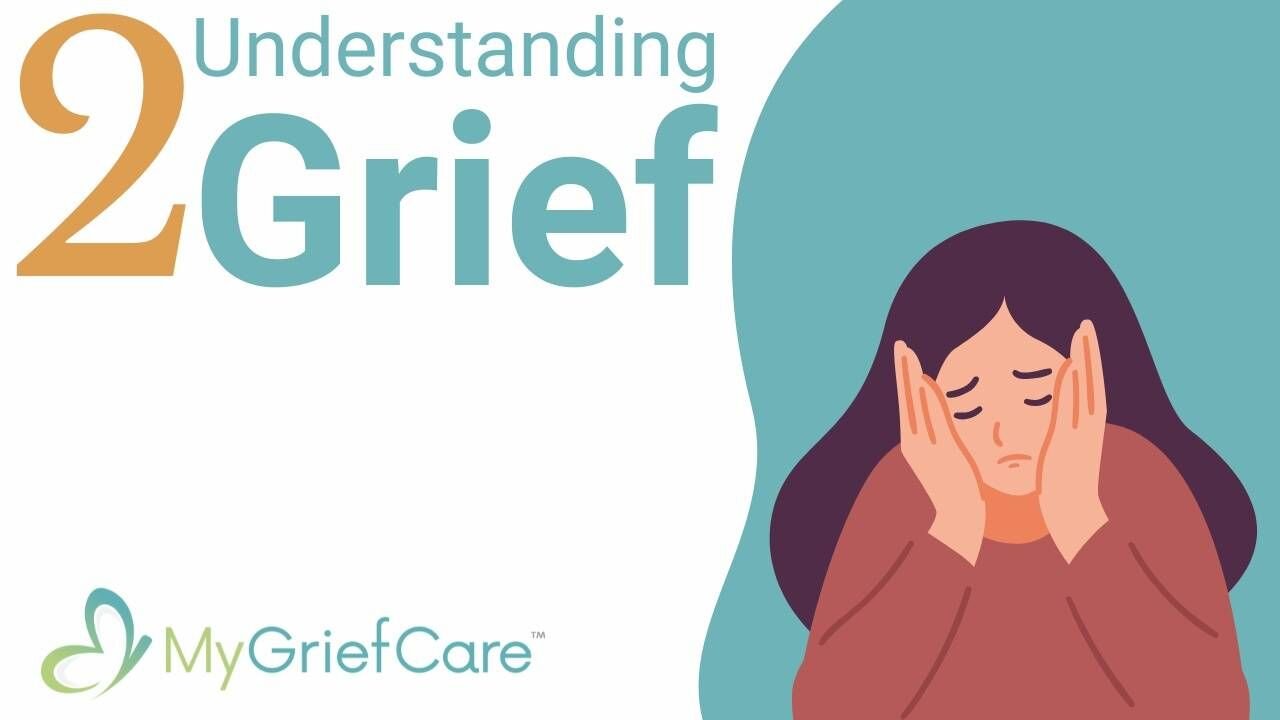
Understanding Grief
-
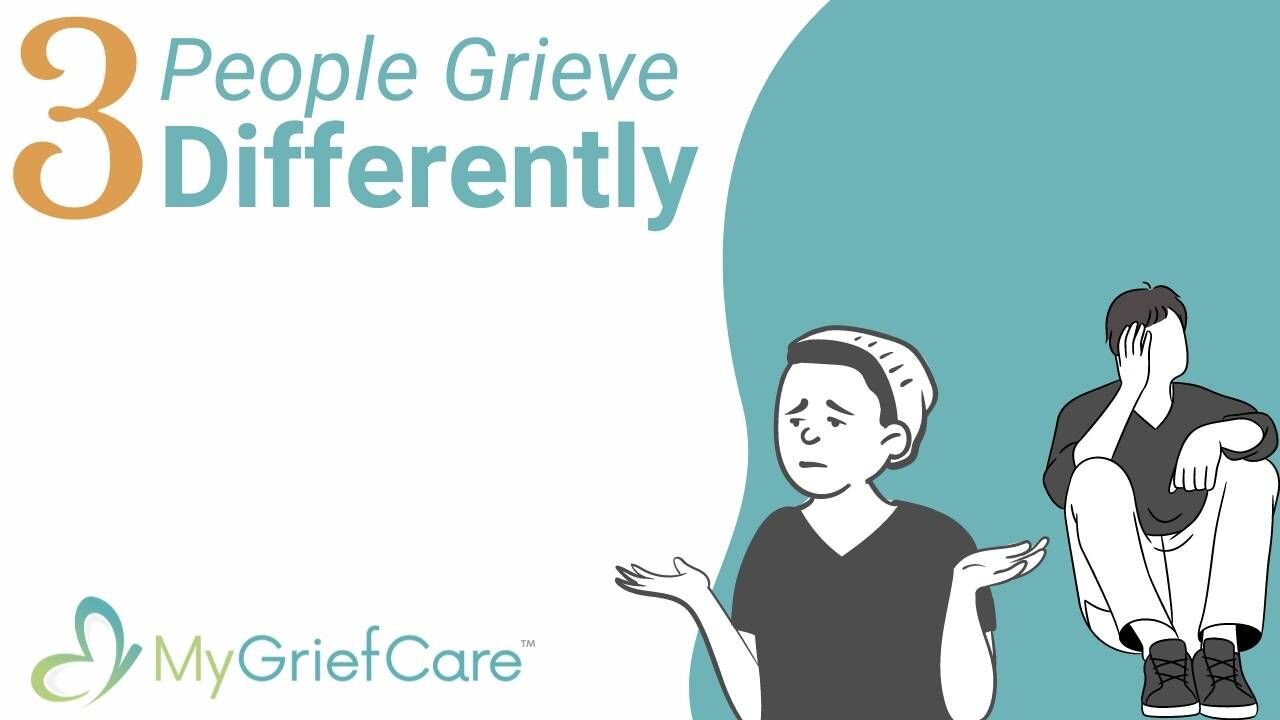
People Grieve Differently
-
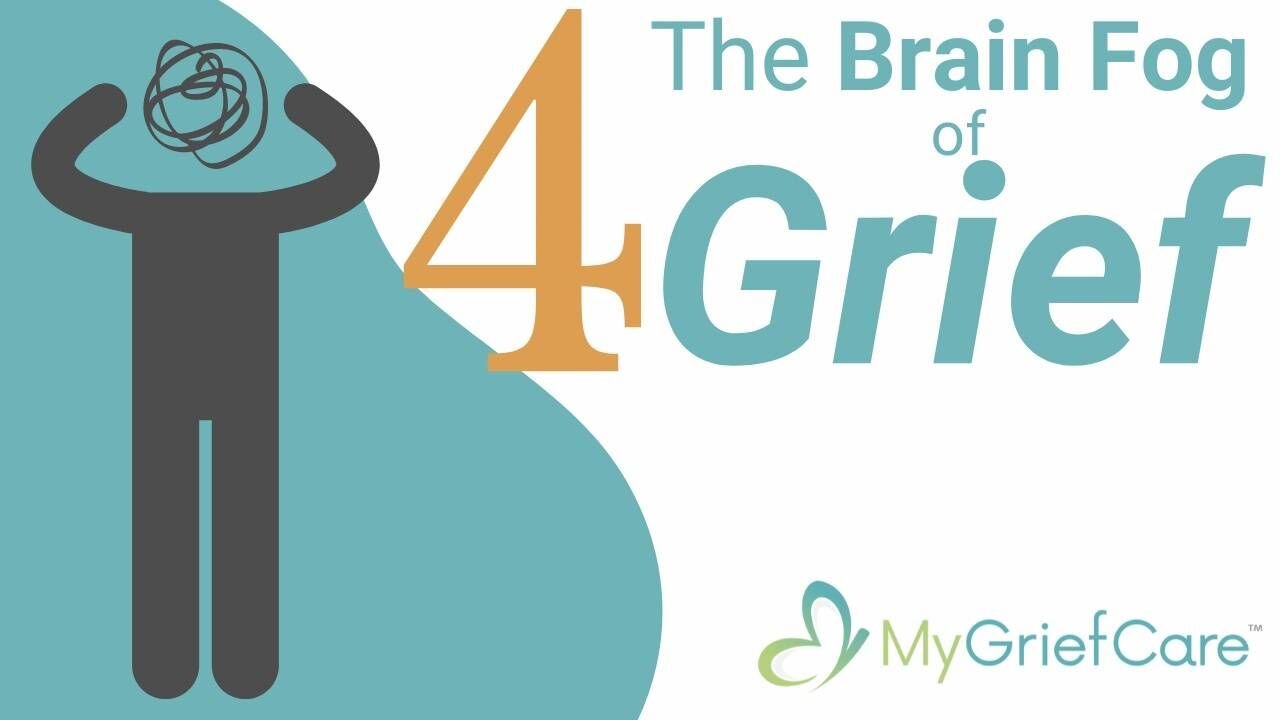
The Brain Fog of Grief
-
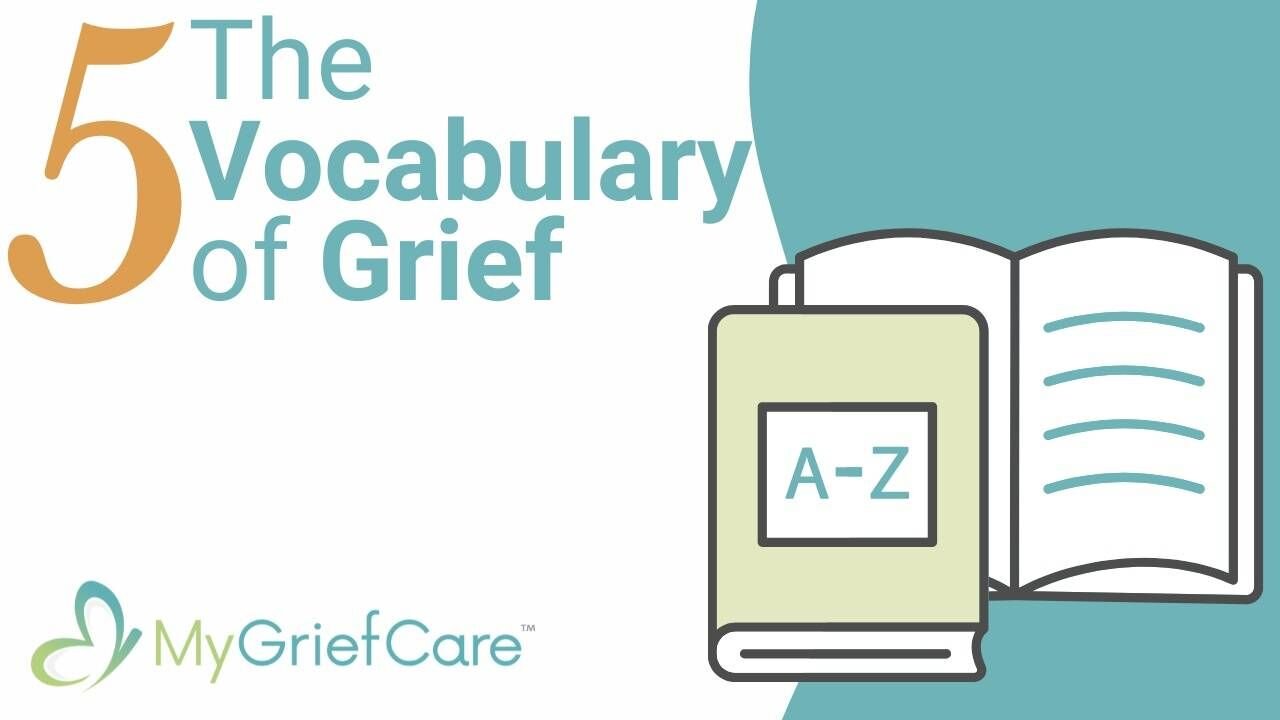
The Vocabulary of Grief
-
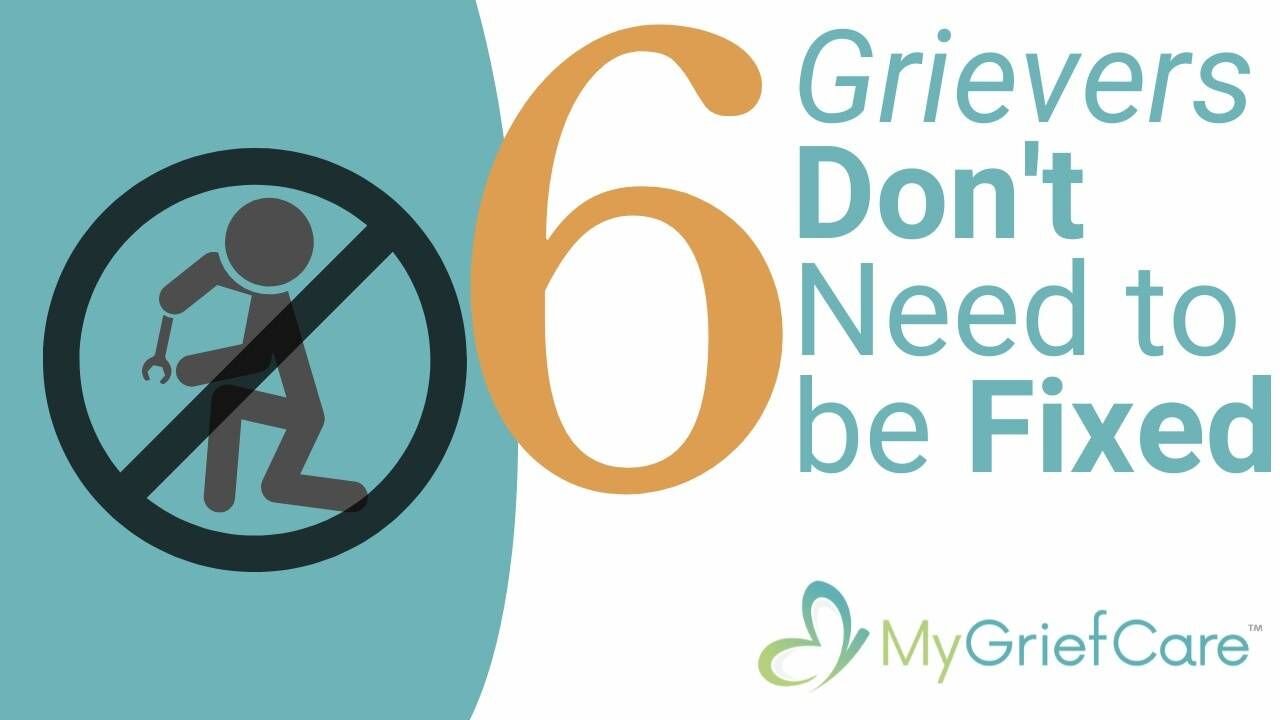
Grievers Don’t Need to be Fixed
-
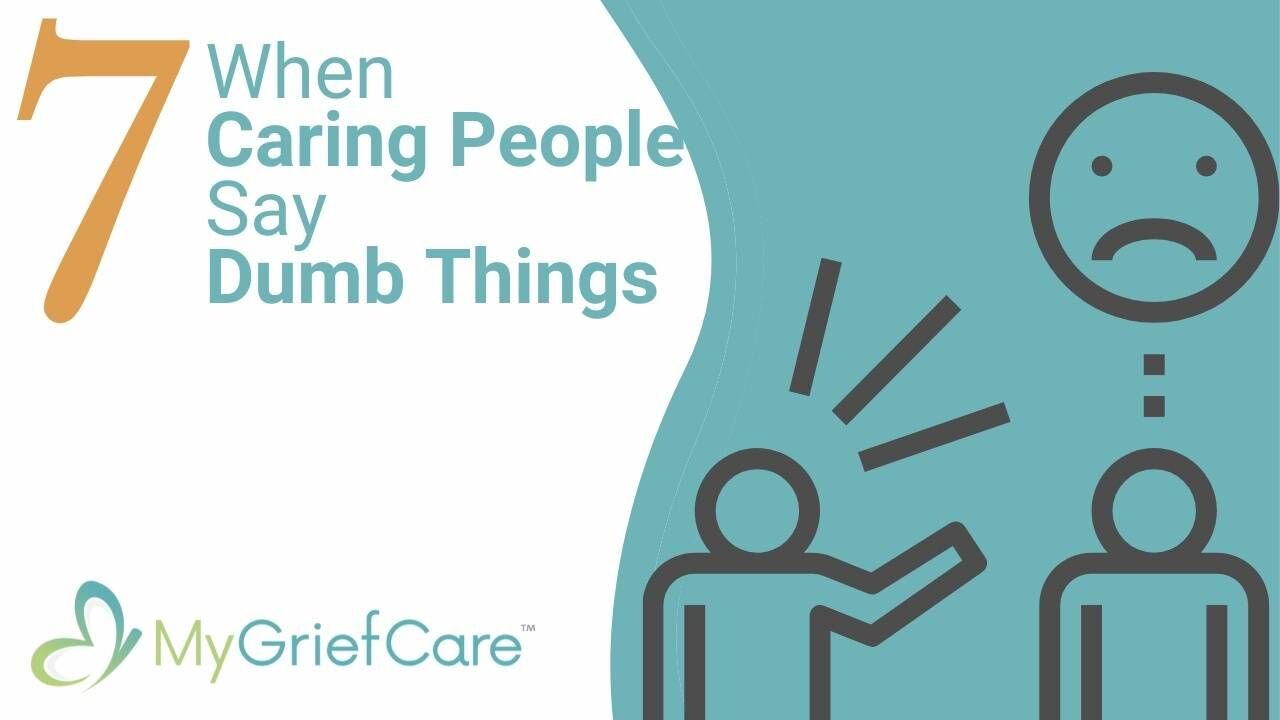
When Caring People Say Dumb Things When You’re Grieving
-
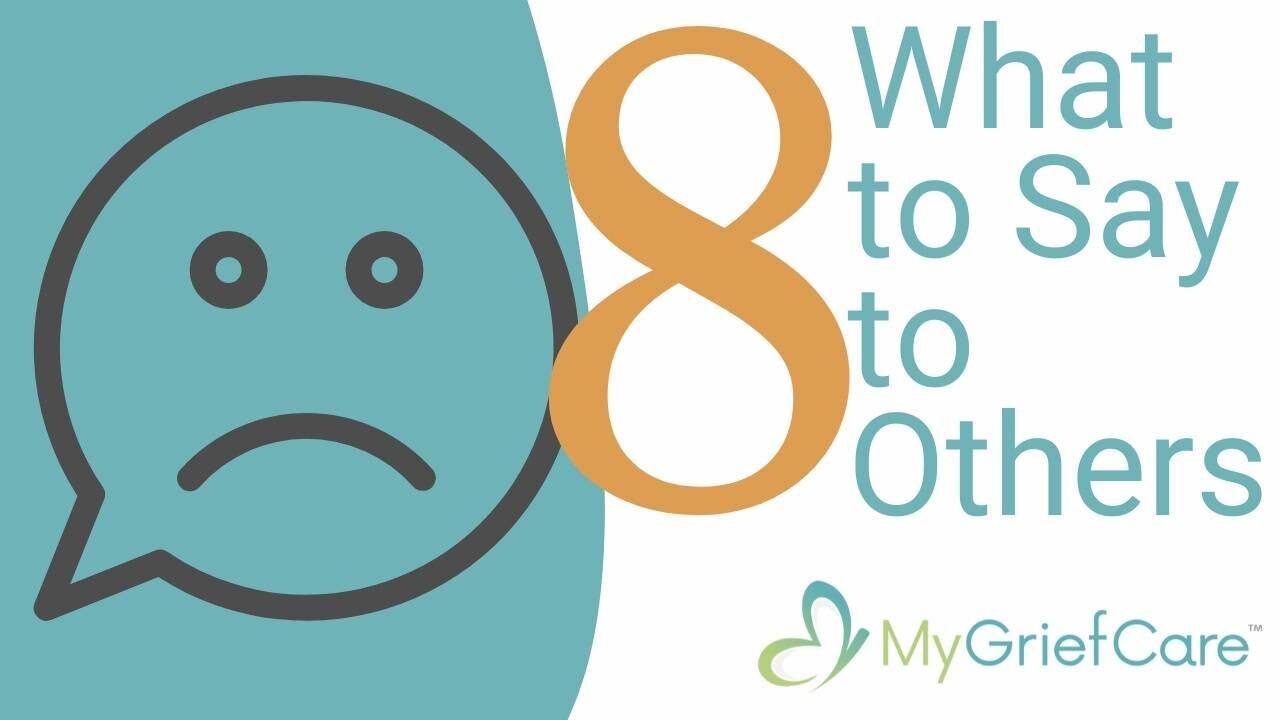
What to Say to Others When You’re Grieving
-
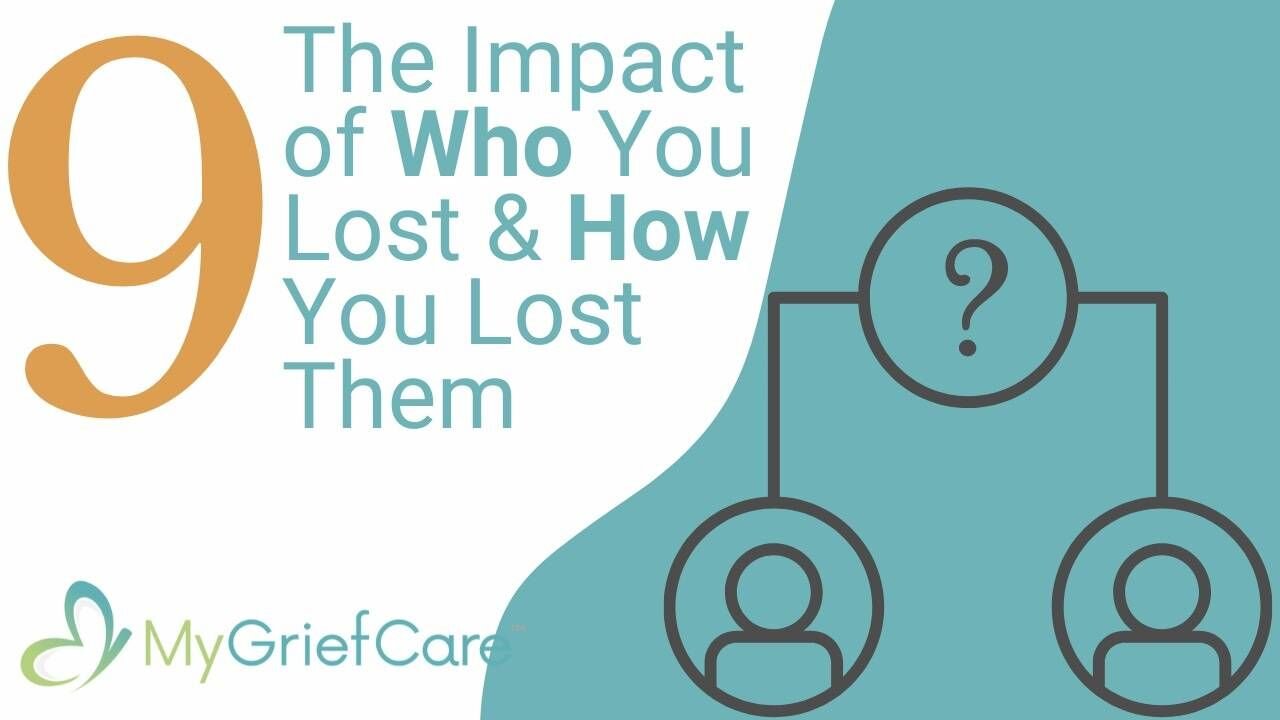
The Impact of Who you Lost and How you Lost Them
-
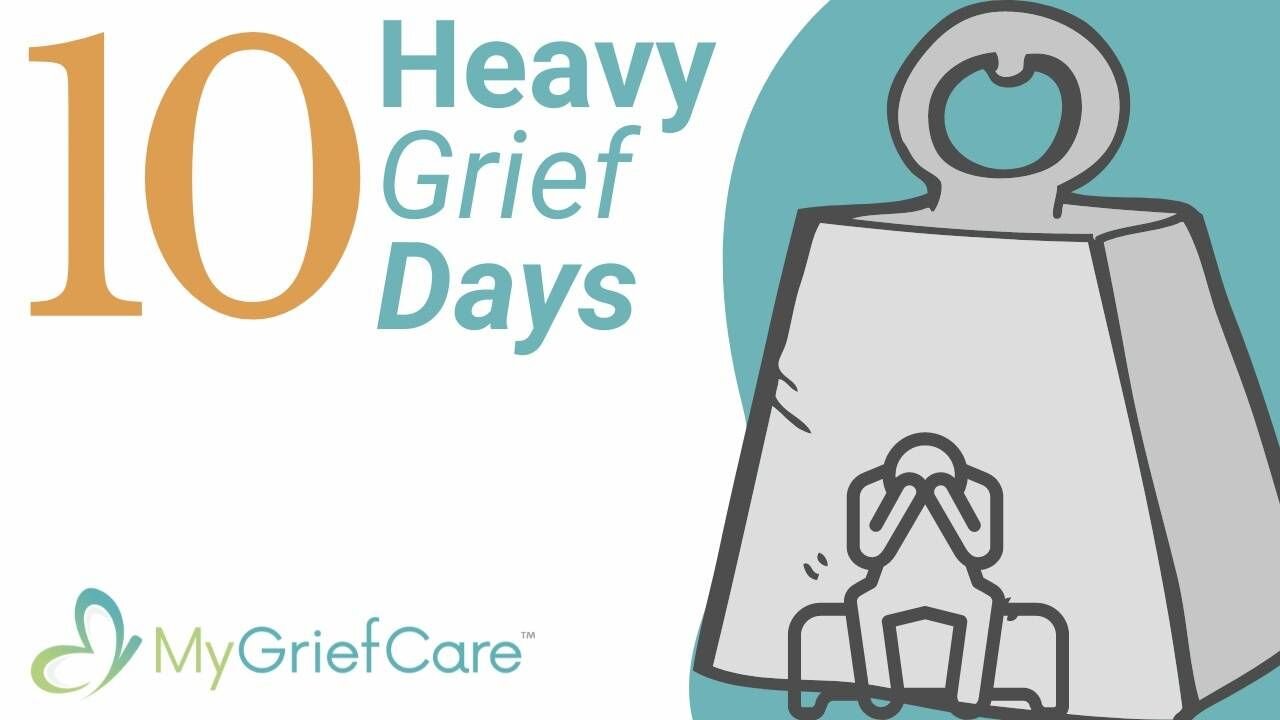
Heavy Grief Days
-
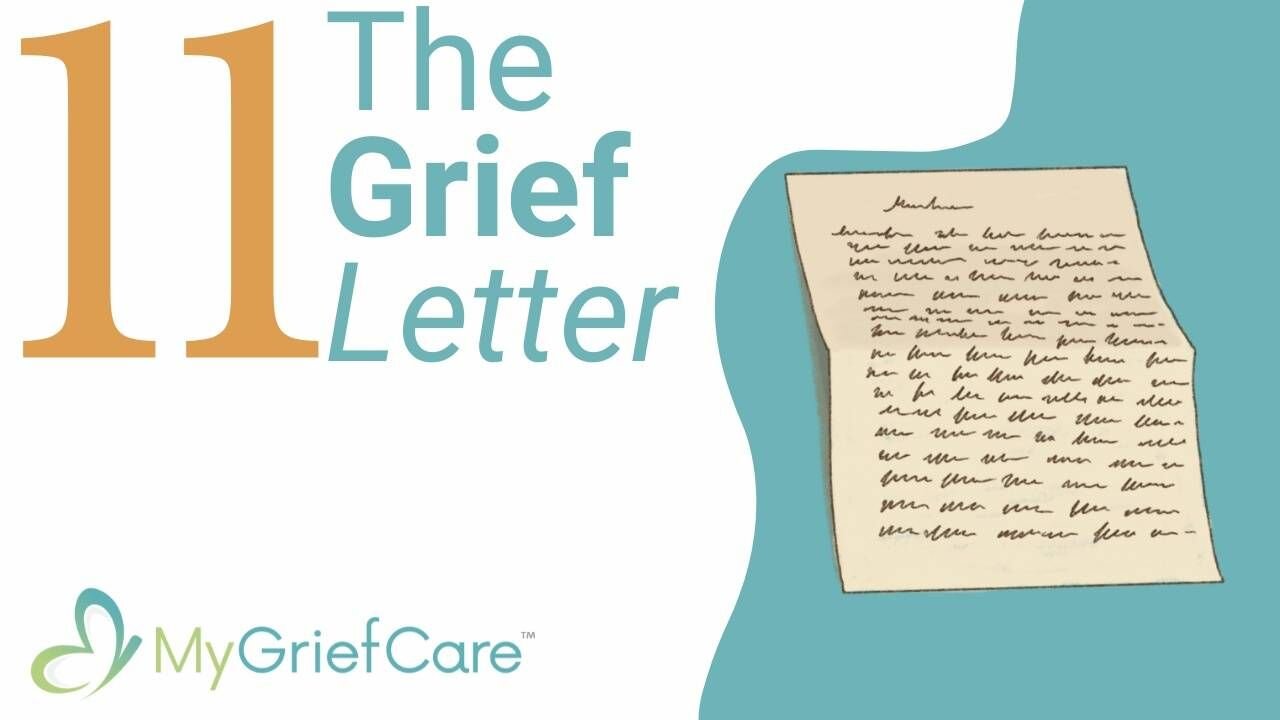
The Grief Letter
-
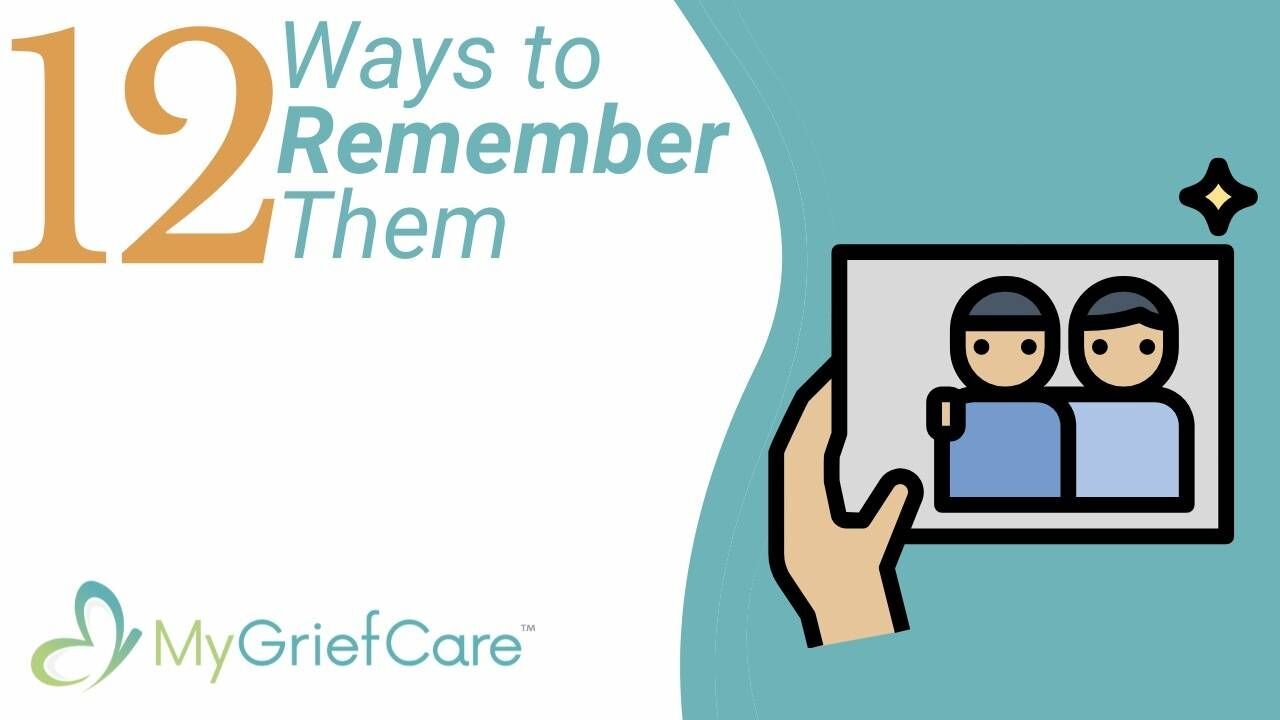
Ways to Remember Them
-

Permissions for Grievers
-
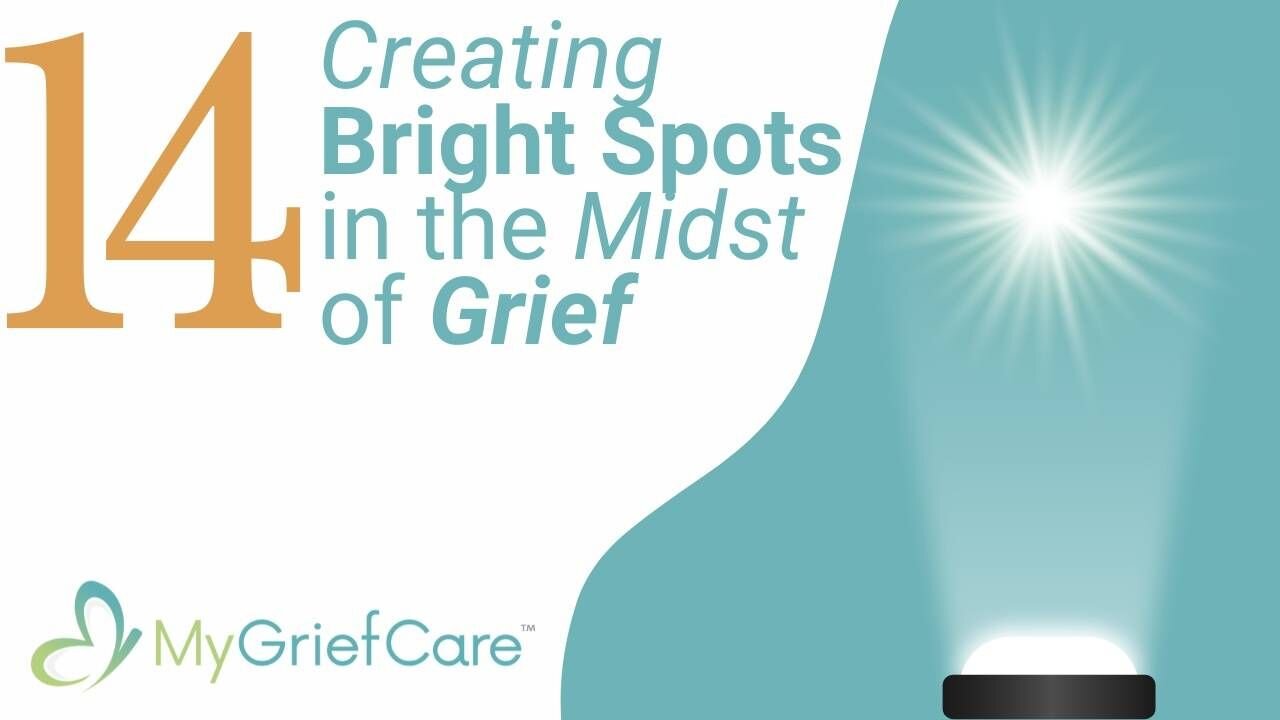
Creating Bright Spots in the Midst of Grief
Episode 3 : People Grieve Differently
Downloads
Episode NotesPeople Grieve Differently
Grief might be compared to snowflakes or fingerprints; each person’s grief is both personal and unique.
Grief may be a profoundly emotional experience; you may feel a range of feelings, including anger, remorse, loneliness, grief, and longing for the person who has gone. Your grieving expression may reflect these inner thoughts through tears, wrath, or withdrawal, and many individuals find it beneficial to express and explore these emotions.
Others may experience less profound grief. You or someone you care about may display sadness in a more cognitive manner, frequently thinking about the person. These sorts of grievers may find it beneficial to get involved in projects such as maintaining a scholarship fund in memory of the deceased. These various methods or patterns of mourning are exactly that: varied. There is no better or worse pattern. They are merely manifestations of the truth that everyone copes with loss in their own unique manner.
This may be problematic when there is a failure to recognize that people deal with loss in various ways, even within the same family. Differences in mourning patterns are just that; they do not reflect differences in affection for the deceased. Different ways of mourning do not have to be a source of contention. In fact, complementary coping strategies may be a source of strength.
Different grieving styles often show up with parents who have lost a child and it can cause a serious problem in their relationship as they may be hurt or angry that the other person doesn’t grieve in the same way. They can think the person is not grieving or not grieving correctly. One might be very emotional and expressive while the other is closed, quiet and withdrawn. I assure you, they are both hurting. I had clients where the father had to go to the gravesite of their daughter every day for months and he couldn’t believe his wife would not go. Didn’t she care? Of course she did. She found that too painful but she missed their daughter just as much. Can you imagine how tough that is – losing a precious child and then being hurt or resentful because you think the other parent isn’t hurting like you are or you don’t understand their reaction?
Grieving is a complicated and tough process. While it may appear to many that mourning is associated with great sadness, grief is much more than that. The way a person experiences grief is influenced by a number of factors, including their coping mechanisms, cultural norms, and support systems; in addition, factors such as the circumstances of the death and the person’s relationship with the deceased play an important role in determining how they respond to loss.
KEY POINTS:
While losing someone and experiencing sadness is something that all of us experience, the manner we deal with it varies. Remember not to pass judgment on others around you if they do not show their sadness in the way you deem suitable. And remember not to judge the way you grieve either. We all grieve in our own unique ways.
STEPPING STONE:
Are you judging someone else’s grief or feeling judged for your grief? If so, please give the other person and yourself grace. Take note of the way you may be grieving differently and respect the differences. Don’t try to change them.
REFLECTION:
We grieve the way we grieve, whether that makes sense to anyone else or not.
